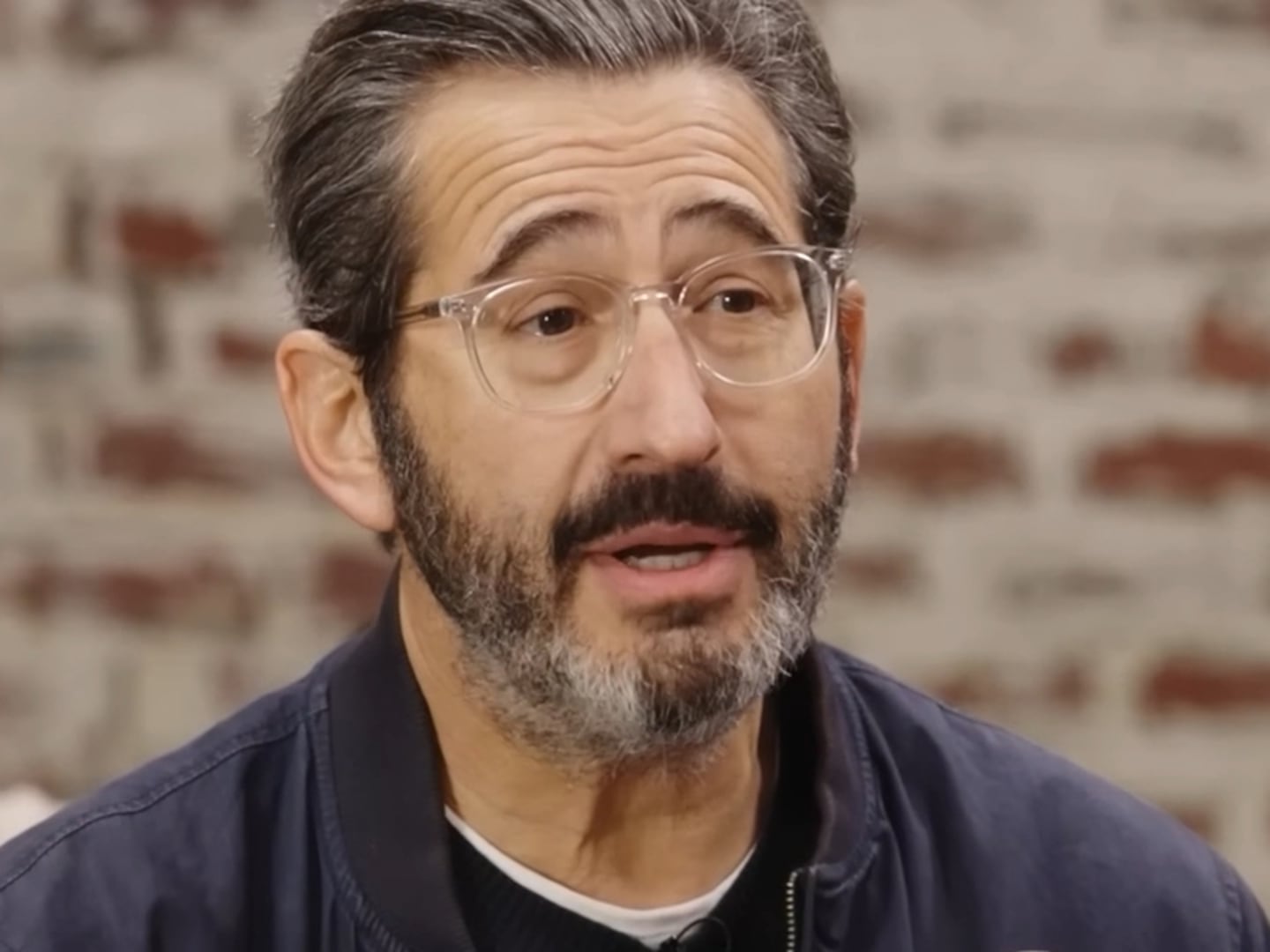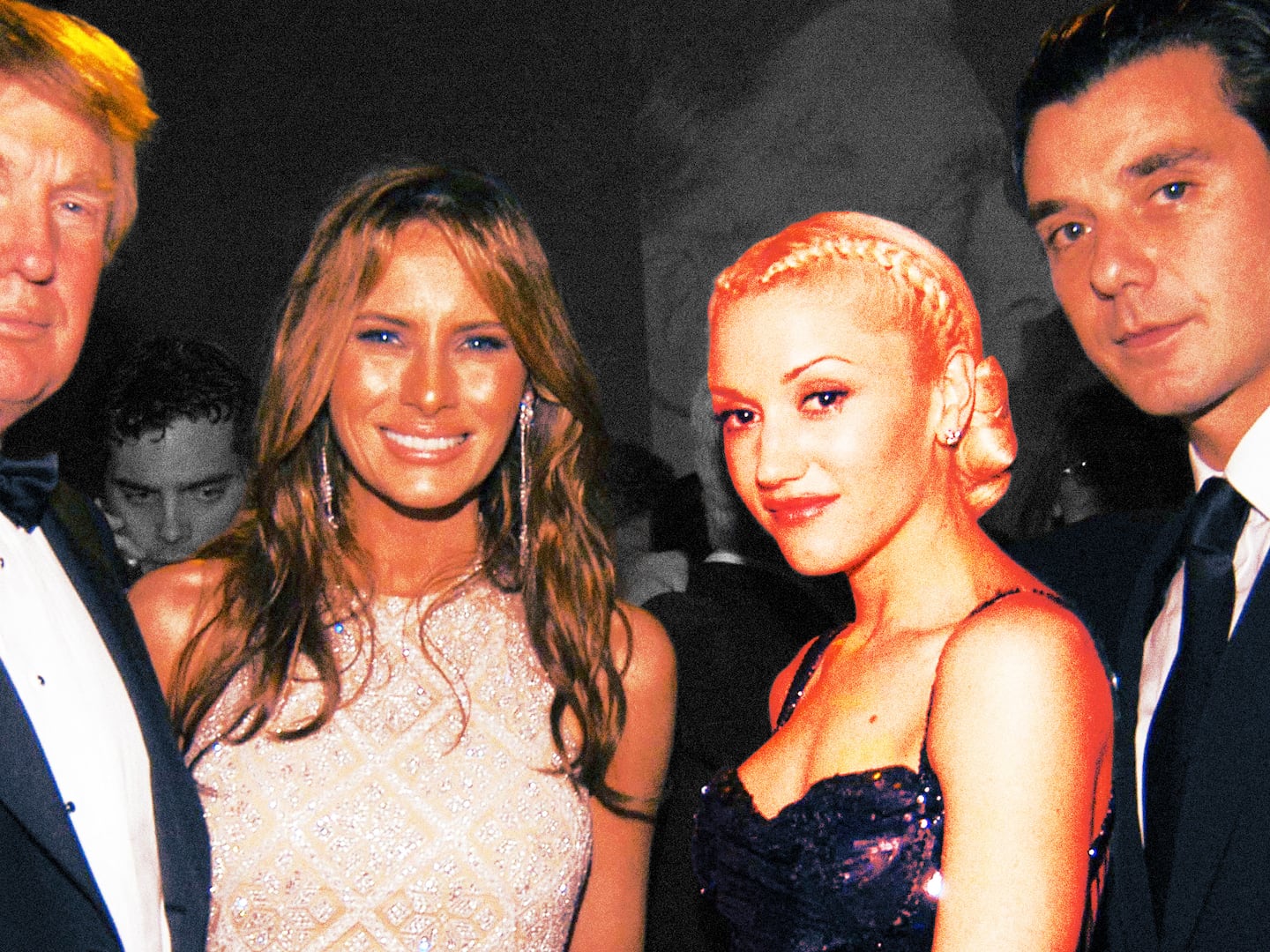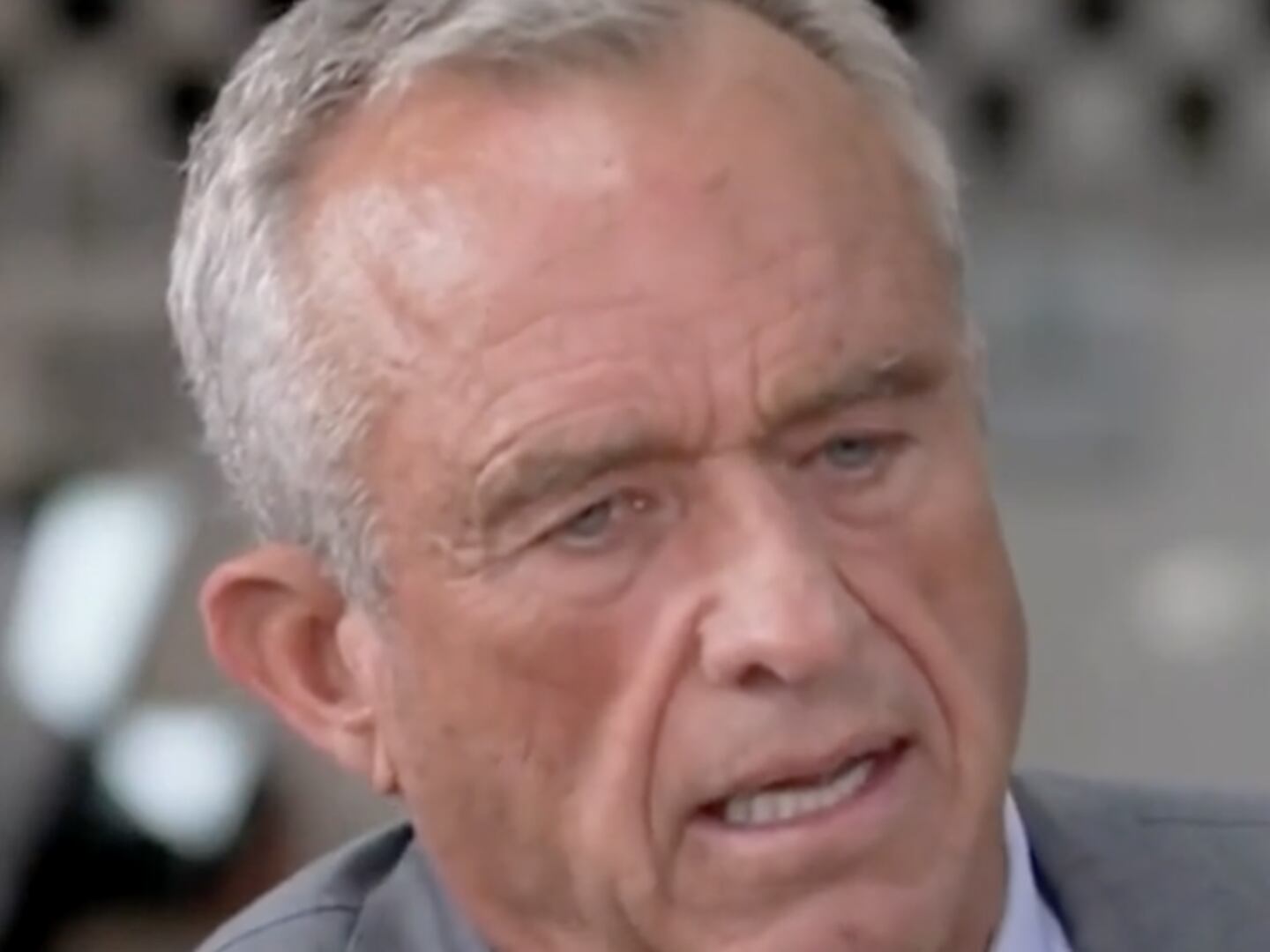World
Anatoli Stepanov/AFP via Getty Images
Two Foreign Aid Workers Killed by Russian Artillery Fire Near Bakhmut
‘KEEP FIGHTING’
Canadian volunteer Anthony “Tonko” Ihnat, and Emma Igual, the director of nongovernmental organization Road to Relief, both died in the blast.

Trending Now




